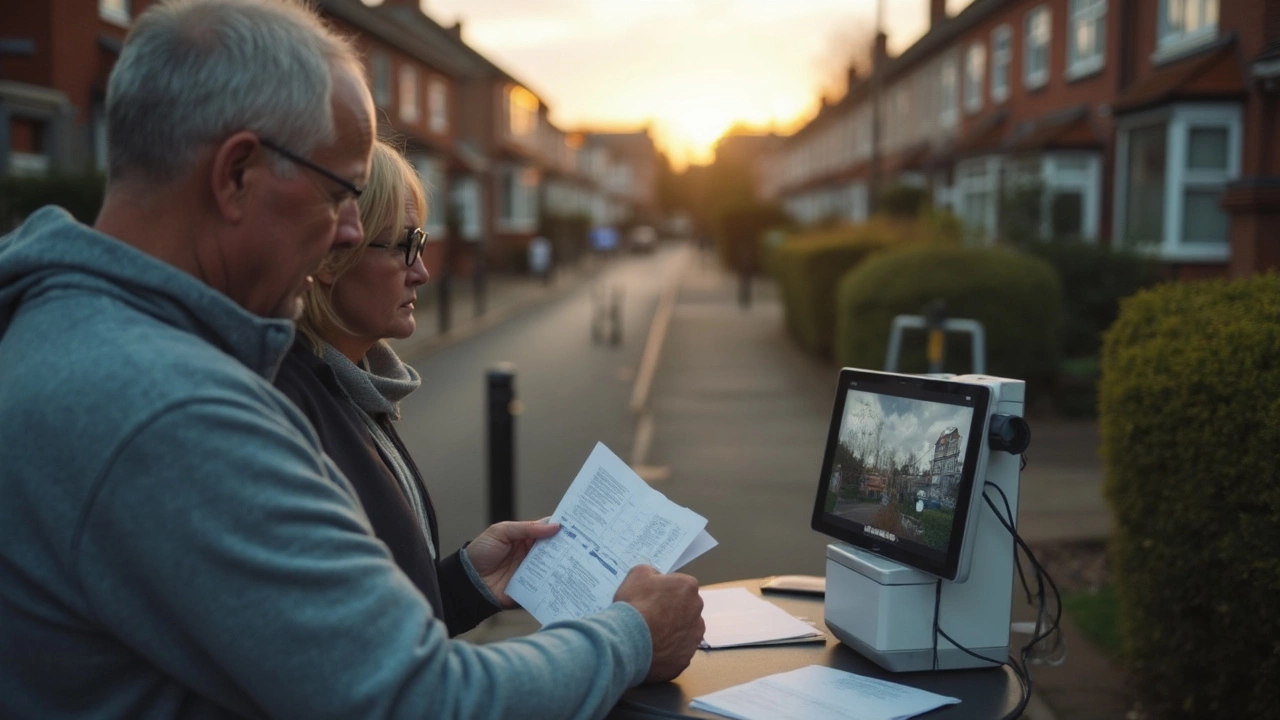If you’re setting up a camera system, the first thing you should ask yourself is: am I breaking any laws? In the UK, CCTV isn’t free‑for‑all – there are clear rules that keep your neighbours, customers, and employees safe from unwanted spying. Ignoring them can mean fines, angry complaints, or even a court case. Let’s break down the basics so you can install cameras with confidence.
The main piece of legislation is the Data Protection Act 2018, which works hand‑in‑hand with GDPR. Even though CCTV footage is a video image, it’s still considered personal data if it captures identifiable people. That means you need a lawful basis to record, a clear purpose, and you must keep the footage secure and only as long as necessary.
Another important guide is the Surveillance Camera Code of Practice, published by the Home Office. It tells you how to conduct a risk assessment, where to place signs, and how to minimise intrusion. For public spaces, the ICO (Information Commissioner’s Office) monitors compliance, and they can issue hefty penalties if you skip the basics.
Don’t forget local planning rules. Some councils require planning permission if your cameras are visible from the road or affect the character of a historic building. A quick check with your local authority can save you a costly retrofit later.
Start with a written CCTV policy. List why you need cameras, where they’ll be, who can view the footage, and how long you’ll store it. Keep the policy accessible – a copy on your website or in a staff handbook works well.
Put up clear signage. The sign should say that the area is under video surveillance, who operates the system, and a contact number. Signs don’t have to be huge, but they must be legible from a reasonable distance.
Only film what you need. Avoid pointing cameras at private homes, bathrooms, or changing rooms. If a camera must cover a public walkway, angle it so the lens looks down the length of the corridor rather than straight into people’s faces.
Secure the footage. Store videos on an encrypted server with strong passwords, and limit access to trusted staff. Set an automatic deletion schedule – most businesses keep footage for 30 days unless an incident requires longer retention.Regularly review your system. Conduct a risk assessment at least once a year, update your policy if you add new cameras, and train staff on data‑handling best practices.
Finally, be ready for a request. Under GDPR, anyone can ask to see their own footage, and you must respond within a month. Having a clear process for handling these requests will keep you on the right side of the law.
Sticking to these rules doesn’t have to be a headache. Treat them as a checklist, and you’ll protect both your property and the people who use it. With the right approach, your CCTV system becomes a trusted security tool, not a legal liability.

Thinking about setting up CCTV outside your house? This guide explains what you need to know before you start drilling holes and mounting cameras. Learn about the legal stuff, what systems actually cost, and practical tips for an easy install. There’s a lot more to consider than just pointing a camera at your driveway. This article breaks it all down in plain language, so you avoid common mistakes and useless expenses.